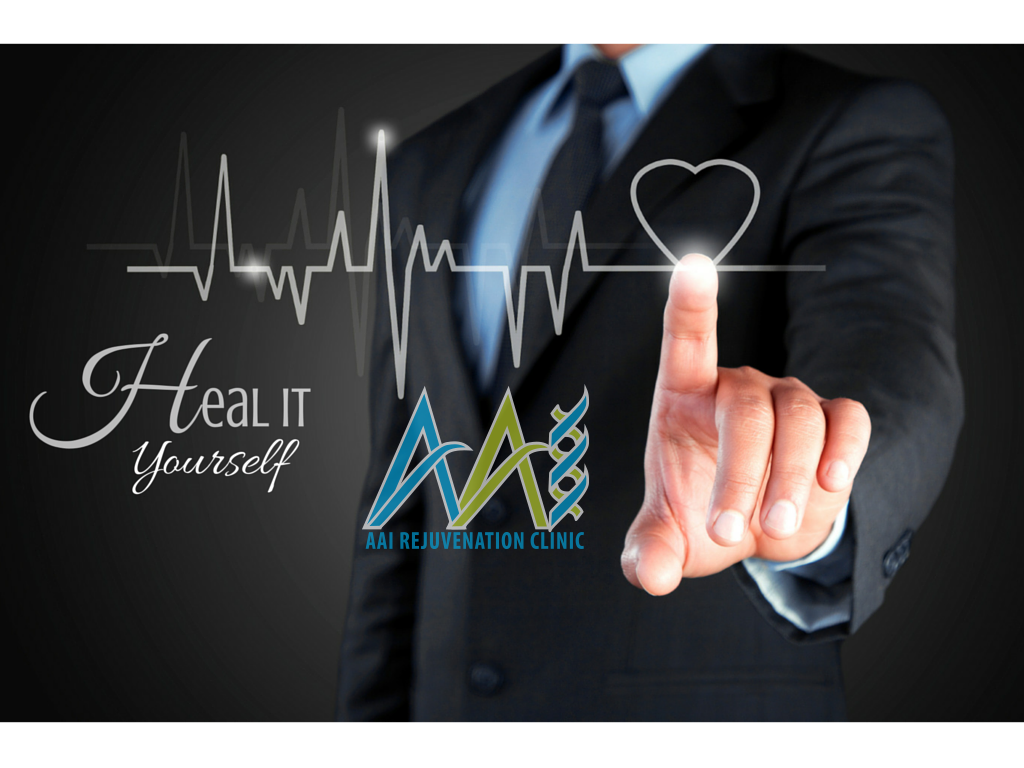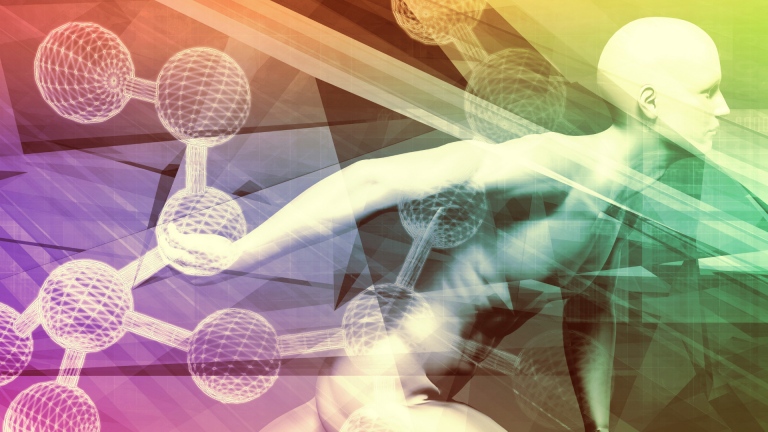Understanding Your Cholesterol
Understanding your Cholesterol is essential for the body’s metabolic processes, including hormones and bile production, and to help the body with vitamin D. But unmanaged levels of lousy Cholesterol can lead to clogged arteries and increase the odds of getting a stroke or heart attack. Stroke and heart disease is the number one cause of death for men and women in the U.S.
More than a million people in the U.S. have heart attacks and strokes yearly, and about half a million die from stroke and heart disease. Most of the population doesn’t understand what Cholesterol is and how it works, that there is good and evil that your body controls.
Cholesterol is produced by the liver & also made by more of the cells in the body, and blood carries it by small couriers called by doctors “Lipoprotein.”
One of the reasons that the body needs Cholesterol in the blood is:
- • Build the structure of the cell’s membrane
- • Make hormones like testosterone, estrogen, adrenaline, and more
- • Help your metabolism work efficiently; for example, Cholesterol is essential to produce vitamin D in your body
- • By producing bile acids help the body digest fat and absorb vital nutrients.
There are two types of Cholesterol:
- 1. Low-density lipoprotein (LDL) cholesterol – called the ‘bad’ Cholesterol because it goes into the bloodstream and clogs up your arteries.
- 2. High-density lipoprotein (HDL) Cholesterol – called the ‘good’ Cholesterol because it helps to take the ‘bad’ Cholesterol out of the bloodstream.
How Does Cholesterol Cause Heart Disease and Stroke?
- When there is too much Cholesterol (a fat-like substance) in your blood, it builds up in your arteries. Over time, this buildup causes ‘arteries’ and blood flow to the heart to be blocked and slowed down. So blood carries oxygen, and if oxygen reaches the center, you may suffer chest pain.
Understanding your Cholesterol Cholesterol Numbers?
Everyone age 20 or older should measure their Cholesterol at least once every five years.
This blood test is done after a 9- to 12-hour fast and gives information about your:
- • Total Cholesterol. Less than 200 mg/dL is best
- • LDL (bad) cholesterol – LDL should be less than 100mg/dL
- • HDL (good) cholesterol – HDL should be more than 40mg/dL
Diet tips to help reduce your Cholesterol.
It would be best if you tried to:
- • Limit the number of cholesterol-rich foods
- • Increase the amount and variety of wholegrain, fresh fruit, and vegetables
- • Choose low or reduced-fat milk, yogurt, and have ‘added calcium’ soy drinks, other dairy products
- • Choose lean meat (labeled as ‘meat trimmed of fat’)
- • Limit fatty meat; choose leaner sandwich meats like turkey breast and cooked lean chicken, including sausages and salami
- • Have fish at least twice a week
- • Replace butter and dairy blends with margarine
- • Include rich foods with insoluble fiber and healthy fats, such as nuts
- • Limit cheese and ice cream
- • Consider a supplement to regulate Cholesterol and Exercise
- For some people, diet is a lifestyle change.
**NOTE** The content in this blog is subject to interpretation and is the opinion of the content writer. We do not claim it to be fact. We encourage you to consult a medical doctor before taking any prescribed medications or supplements.
Conclusion
Supporting Hormones health is essential for overall well-being and vitality. By incorporating regular exercise, proper nutrition, adequate sleep, stress management techniques, and IV therapy, you can help maintain optimal testosterone levels and lead a healthy, balanced life. Always consult a healthcare professional before making significant changes to your lifestyle or starting any new treatments to ensure they suit your needs.
At AAI Rejuvenation Clinic, we advise anyone to think seriously about beginning Hormone treatment if there is no medical need for it. However, we will take every precaution to ensure that you read your program’s positive benefits by providing the latest at-home hormonal mouth-swab testing to ensure we are continually monitoring your progress and aware of any adverse side effects. Fill out the Medical History Form, or if you need more information, call us at (866) 224-5698 or (866) AAI-Low-T.



